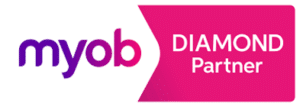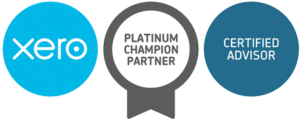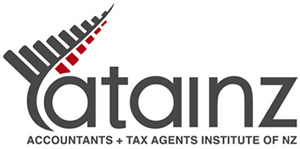Here is a brief description of the types of tax that you are likely to come across in business:
GST – Goods and Services Tax – this is chargeable by businesses whose annual sales turnover is over $60,000 per year. It means that the seller needs to add +15% onto their sale price – this 15% is then returned to Inland Revenue on a monthly, 2 monthly or 6 monthly basis via GST returns (less the GST that the business has paid to their suppliers).
Income Tax – This is the main type of tax that all NZ’ers pay – in a business it is paid to Inland Revenue on an annual basis based on the amount of profit the business has made. As an employee it is paid through the payroll system and is classed as PAYE.
Terminal Tax – This is the same as Income Tax but just a different name for it.
Provisional Tax – This is Income Tax as well, however for business it is paid as you go rather than in arrears. Provisional tax is payable when the Income Tax for a financial year exceeds $2,500 tax to pay, the provisional tax is usually based on the prior year income tax figure and is payable in 3 instalments over the current trading year. When the Income Tax Return is prepared the following year, all of the provisional tax payments made will show as a credit for that year.
PAYE – Pay as You Earn – this is the tax that comes out of employees wages each payday and is passed onto the Inland Revenue in the following month. As an employer the responsibility is to pay the employee the net wages for the period, withhold the PAYE tax and then pay it over to IRD the following month on behalf of the employee.
FBT – Fringe Benefit Tax – this is a tax based on ‘perks’ given to employees/owners of business. These may include private use of company vehicles, entertainment, gifts, medical insurance and low interest loans. It is wise to seek advice from your Tax Agent about these if you are planning on making payments so that you’re fully aware of the tax implications in doing so.



